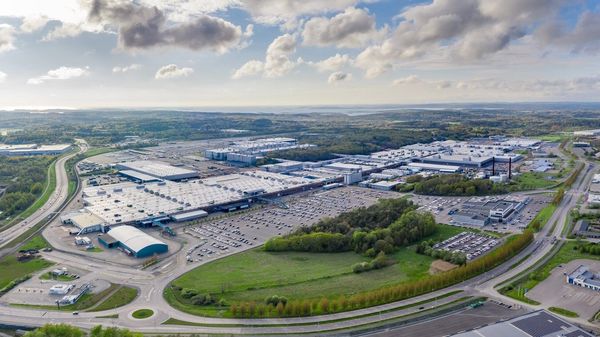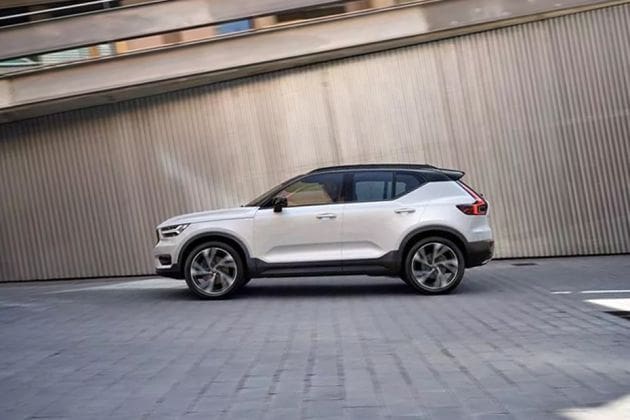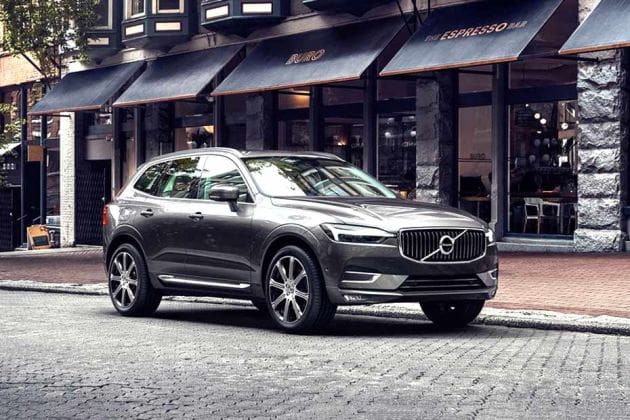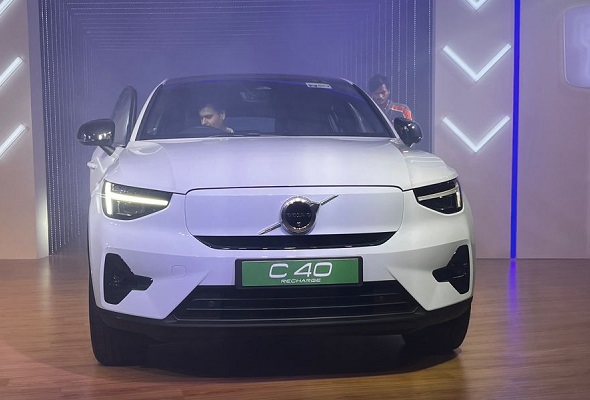This factory is Volvo's first-ever climate-neutral plant. Here's what it means
- Volvo aims to reduce its manufacturing network's energy consumption by 30% by 2025.


Swedish automobile giant Volvo has been known for its pledge towards green mobility and carbon-neutral operations. The automaker expressed its ambition to make the brand's global manufacturing network climate neutral by 2025 and not it has announced the Torslanda plant in its home country Sweden is Volvo's first car manufacturing facility that has reached fully climate-neutral status.
Also Read : GM aims for the moon, to develop off-road, self-drive rover with Lockheed Martin
Earlier, back in 2018, Volvo announced that its Skovde engine manufacturing plant in Sweden became climate-neutral. Now, Torslanda became the automaker's second plant in the overall manufacturing network of Volvo to reach climate-neutral status.
Also check these Vehicles
Javier Varela, head of industrial operations and quality at Volvo Cars, said that establishing Torslanda as the company's first climate-neutral car plant is a significant milestone for the brand. “We are committed to having a climate-neutral manufacturing network by 2025 and this achievement is a sign of our determination as we consistently work to reduce our impact on the environment," Varela further said.
What is climate-neutrality?
Volvo counts a manufacturing facility as climate-neutral when the manufacturing site registers no net increase in the emission of greenhouse gases to the environment, which are usually the result of the electricity and heating process used in a plant.
As Volvo claims, the Torslanda plant, which is the oldest facility of Volvo, has been using climate-neutral electricity since 2008. Now, the plant also uses climate-neutral heating as well. Around 50% of the Torslanda manufacturing plant's heating comes from biogas, while the rest of the 50% heating is done from district heating through industrial waste heat.
The Torslanda plant is also claimed to be constantly reducing the amount of energy it consumes. In 2020, its annual energy savings was almost 7,000 megawatt-hour (MWh), equal to the annual energy usage of over 450 Swedish family homes, as Volvo claims. By 2023, it aims to save around 20,000 MWh. By 2025, Volvo aims to save energy usage per car produced in its manufacturing network by 30%.









 1969.0 cc
1969.0 cc Multiple
Multiple



 78 kWh
78 kWh 530 Km
530 Km













